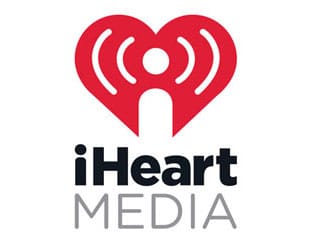Mainstream “old media” magazine Atlantic and forward-looking Ars Technica have both taken a look at the current state of PRA negotiations, and in both cases the stance of broadcasters seems very reasonable. Atlantic mentioned the vagaries of CRB; AT noted incomprehensible mobile foot-dragging on emergency messaging.
Atlantic noted the NAB was proposing to accept a tiered royalty rate card that put the biggest onus for payment on large market stations (it doesn’t mention that small broadcasters feel they are in no position to accept any kind of new payment). It also notes that the annual payment by the industry is estimated to range at about $100M – and says that is as opposed to estimates from Wells Fargo analyst Marci Ryvicker that places the possible cost of a CRB-dictated rate card anywhere from $2B-$7B.
(We will note right here that if the CRB is going to hand $7B over to the labels, it might just as well hand over the station licenses, studios, towers, transmitters and everything else associated with running a radio station. That pretty much applies if they’re going to hand over $2B, come to think of it.)
Describing the outlines of a possible deal, Atlantic wrote, “The NAB has been sharing it with radio stations, and so far the reactions have been somewhat mixed.” We would note that calling the reaction “mixed” may well be the understatement of the year.
As a whole, the Atlantic article was a very straight-forward outline of the situation.
Ars Technica took a look at NAB’s impassioned defense of the concept of mandating an FM chip in cell phones, and noted that despite NAB’s claims of misinformation and exaggeration coming from the other side, perhaps that description could apply to both sides.
However, upon close examination, Ars Technica made a few remarks that were definitely in support of the broadcast position.
Take this remark, for example, which starts out critical of broadcasters but makes a key point in favor of the broadcast position before it makes it to the final period: “Given the ubiquity of TV and radio in cars, homes, and businesses, Americans hardly seem far from emergency information, though cell phones can be extraordinarily useful in the sorts of disasters where the power goes out.”
To say the least, Ars Technica, to say the least.
Ars Technica goes on, “The NAB document does make an excellent point, which is that the cell phone industry has been absurdly slow at rolling out an emergency alert system of its own. Though the industry noted this week that such a system was coming ‘soon,’ the law requiring it was passed four years ago. In that time, approximately five gazillion text messages have been sent; the cell phone industry really needs four years to figure out a way to distribute brief information?”
RBR-TVBR observation: We are encouraged by the overall lack of hostility to the broadcast position in this matter when we run into mainstream coverage of the dispute. We would also suggest that the pursuit of a mobile phone FM chip mandate is a worthy NAB endeavor whether or not a PRA deal is negotiated.




